Manchester, England, England: Can the violence ever give way to peace?
This year’s High Holidays were punctuated by violence, with the attack on a synagogue in Manchester, England being so predictable (though still reprehensible) given the anger being stoked against Jews right now, that it barely made the front pages of American newspapers. The New York Times and Wall Street Journal were among the few American papers to feature it. It is telling that the story shared space in the Times with an article about the Mormon church shooting in Michigan and continued suffering in Gaza, while yet another peace plan hangs in the balance.
In the British press and in Israel, the violence in Manchester was the top story, with headlines screaming “Terror,” “Grief,” “Anger,” and “Hate on Yom Kippur.”
Yom Kippur is the most peaceful of Jewish holidays. Unlike the three pilgrimage festivals, it is not associated with the Exodus, and Wilderness sagas, with all those rebellions, drowning horses and dead first born, and then there’s Hanukkah and its bloody battles and martyred children, and Tisha B’Av, which is synonymous with destruction and hate, and Rosh Hashanah, with its tale of Abraham’s intended filicide. But until 1973, Yom Kippur was never associated with conflict1, either directed at Jews or among them. On Yom Kippur, we peacefully atone and no one is supposed to get hurt2 - we atone for violence.
But now, it seems, every Jewish holiday has a target on its back. No celebration is immune.3
On Yom Kippur last Thursday, armed guards surrounded synagogues throughout the world, while inside, Jews atoned by symbolically tapping our chests while reciting a litany of transgressions. In a supreme bit of linguistic irony, the liturgy’s term for “we have sinned through violence,” repeated ten times during the course of the day, is HAMAS-NU. While in Arabic, Hamas does not mean violence, in Hebrew, including in Genesis (see below), it always has and always will.
Can violence ever give way to peace? Can there ever be a moment of calm to follow the storm?
These days, whenever my soul needs calming, I walk over to the beach and look out upon the waters.
A few days before Yom Kippur, I went down there to symbolically toss my sins into the Sound, an old custom known as Tashlich. As soon as I tossed in a piece of hallah, a lone gull, who had been checking me out from a distance, swooped in, artfully grabbed it from the water and chomped it down. There wasn’t another gull in sight, so I figured it would soon be on its way, as these birds of a feather tend to flock together. But a few minutes later I looked over and it was still there, staring at me.
Two solitary flock animals, the bird and the human, floating serenely in place, refusing to break eye contact.
Evidently, the bird found my sins delicious and I felt good about that. I had no more bread to share, no more sins to feast on, so we just looked at each other for a while. It also felt good to know, that, even if half of humankind hates me because I am a Jew, this seagull (or is it Siegal? I resisted the temptation to call him Jonathan Livingston) is cool with that. Jew, non-Jew, no matter. As long as I’m bearing hallah.
But then the bird suddenly took flight and the sea began to swell and the waves crashed violently. And I mean Jonah-violently.
It was just the three of us: wind, waves and me. And I stared out, across the Atlantic Sea, genius that I am, wondering about God, which I’m allowed to do now that I’m emeritus. Wondering about how God allows for such sudden spasms of violence.
On Friday, the day after Yom Kippur, I went back to the shore to find peace. This time I went to Meig’s Point, at the very end of Hammonasset Beach, a couple of miles from my house. It’s one of the most beautiful shoreline spots I know, a promontory, with water on three sides, and enormous boulders piled in place, dropped off by glaciers that receded, pushed and pulled during the Ice Age. This unique formation is called a moraine. The crashing of eons, waves against the shore, rock against rock - and it all came down to this. A ceasefire between ice, sand and sea, settled right here. Violence yielding to a blissful tranquility. An imposed quiet among the elements, allowing humans to sunbathe and bayberries to proliferate along the shore. Nature nurtures a debris-spewn peace. Peace in our time.
I thought of Manchester, England, England in “Hair,”- the reprise at the very end, the time it’s sung as the peacenik marches off to Vietnam. The peace-and-love hippie tribe in Central Park on the way to Da Nang and My Lai. Like the tranquility of tribes gathered innocently on blissful Sukkot field at a Nova Music Festival giving way to the unsurpassed horror of October 7. And the peace of Yom Kippur gaving way to violence last week in Manchester, England, England.
Why do people resort to violence so cruelly, so casually - to bomb or shoot up another boat in the Caribbean, another church in Michigan, another place of Jewish gathering (which is what the word “synagogue” means in Hebrew) - anywhere - in Be’eri, Jerusalem, Boulder, Gaza and now Manchester, England England? How can we come to recognize that we belong to the same family as my friend the seagull? My friend the boulder. That we are all one and the same?
I wondered all this as I stood on the shore, where the violent Ice Age tug of war has left collateral damage of stunning beauty. Perhaps our society too can also find its way from the violence of Boulder to the peace of these boulders.
I attended my local synagogue on Yom Kippur and sat in the back, in blissful anonymity. One thing a retired rabbi gets to do is stray from the liturgy from time to time and read from another page in the prayerbook. I came in with a heavy heart, because of Manchester, Gaza and Kfar Aza, Ukraine - and Trump, whose every breath stokes violence (and make no mistake, I am rooting hard for the Gaza peace and hostage release4).
And in the prayerbook I came across this poem by the 20th century theoretical physicist and Nobel laureate Richard Feynman, which took me to a different place - and back to my happy place on the shore.
Staring from Meig’s Point in Connecticut, directly across the Atlantic Sea, 3,360 pure blue Atlantic miles apart as the seagull flies, connected by infinite complexities, atoms, molecules and seagulls dancing a pattern ever more intricate, we humans emerged from this sea with a mind, consciousness and a conscience, and the ability to transcend the crashing waves and rocks. And the drones crashing against the hospitals and airports of Europe and the Middle East.
And somewhere in all this mess of dancing atoms, is, I think, God. And I don’t know if God believes in Claude. Or in Manchester. Or in us. Or if God sent that seagull in my direction, far afield from the flock, just to devour my sins. Or if hate can be reversed like the tides. Or if hate can be calmed like the Ice Age. So that maybe our mountains of molecules can bring us both forgiveness and relief from the sin of violence.
So that maybe on October 7 this year, God - and we - can at last find a moment’s rest.
According to one scholar, two Roman conquests of Jerusalem (Pompey in 63 B.C.E. and Sosius in 37 B.C.E.) purportedly happened on “the day of the fast,” during which the Jews barely defended themselves. Is this a reference to Yom Kippur?
Unless you happen to be a sacrificial goat, or the one sent off to the die in the wilderness, that is.
One of the two victims of the Manchester terror attack has just been revealed to be a man who tried to bar the door, who was likely shot mistakenly by police. Another hero to be recalled on this holiest of days. Another martyr for the martyrology section.
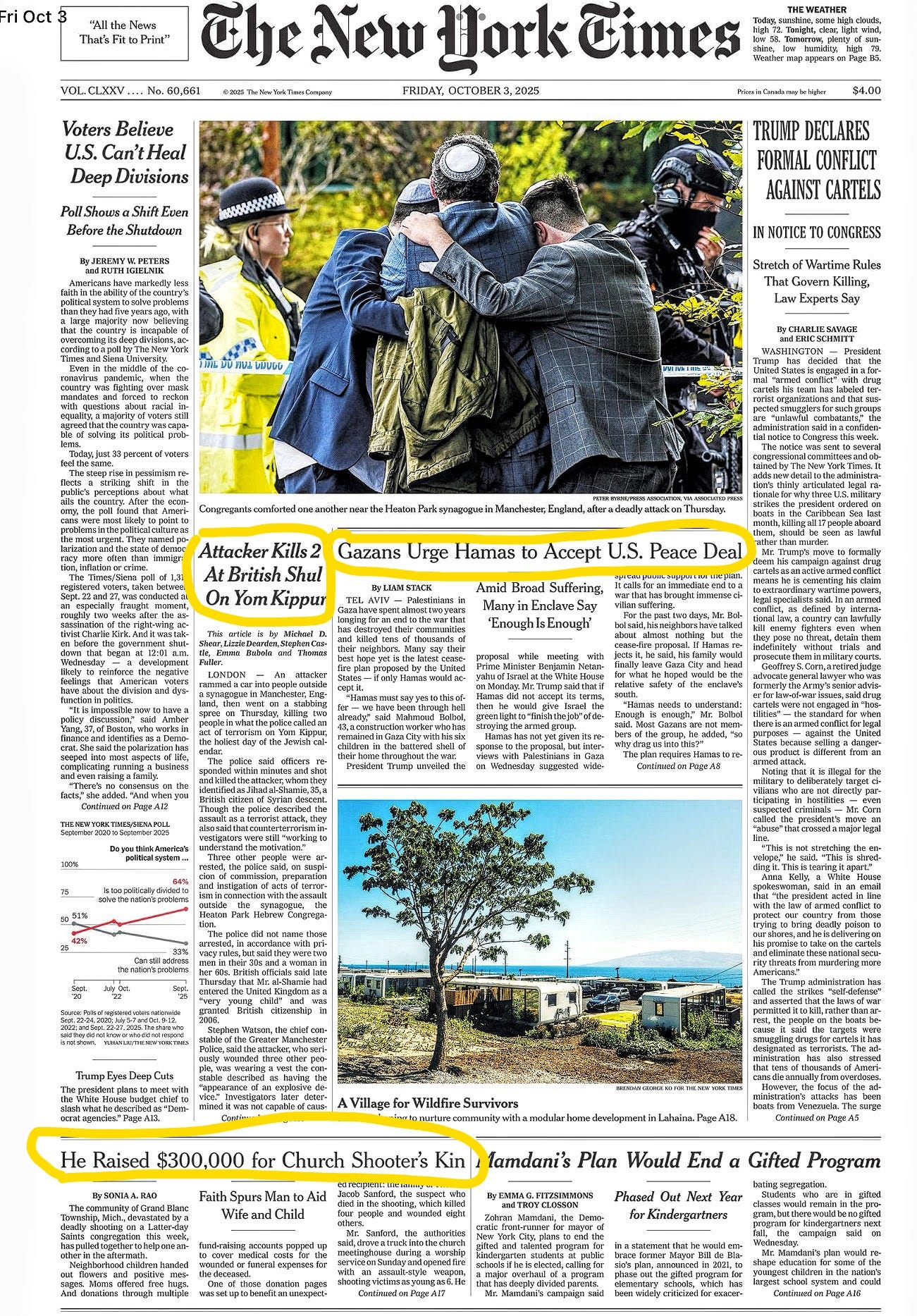
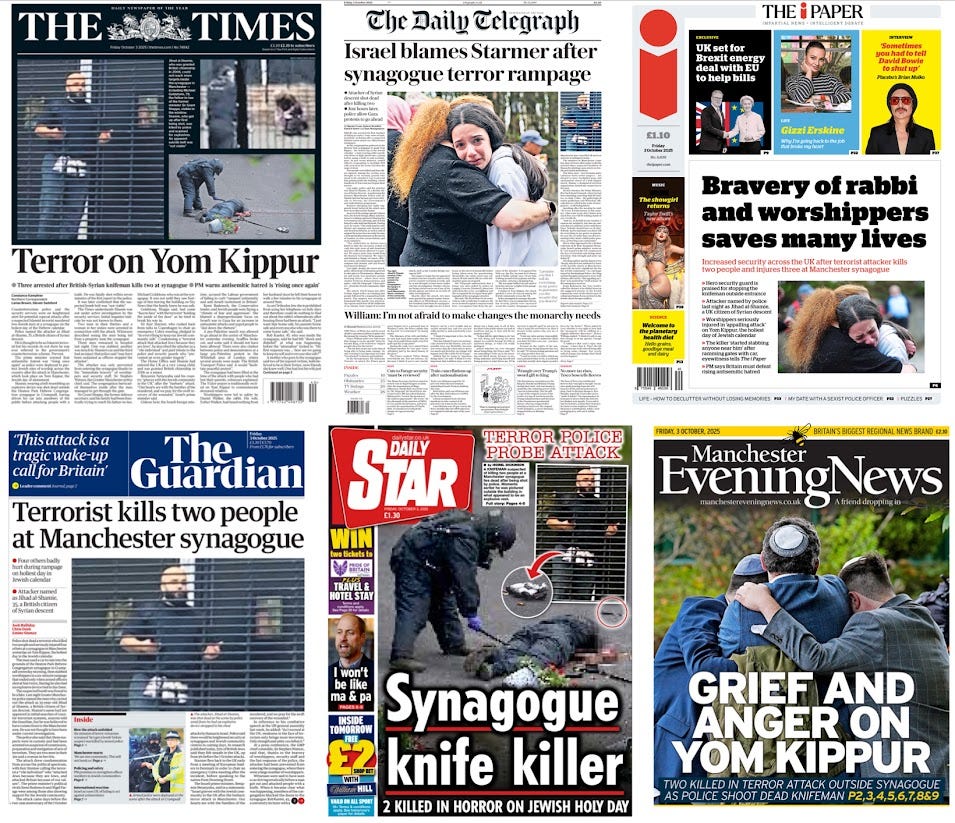


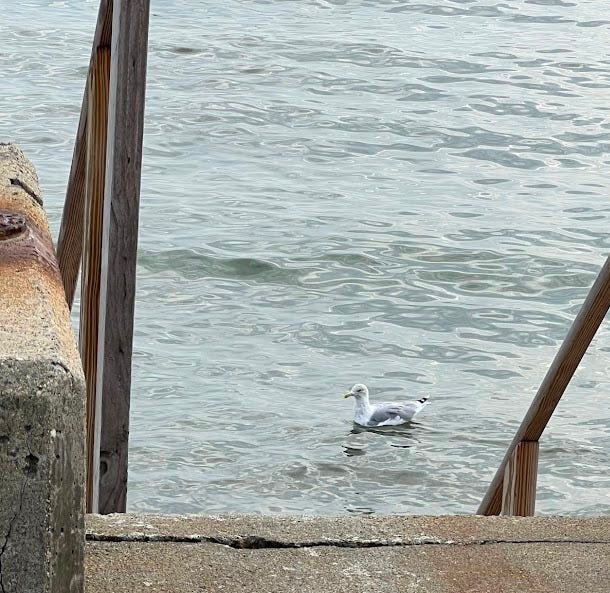
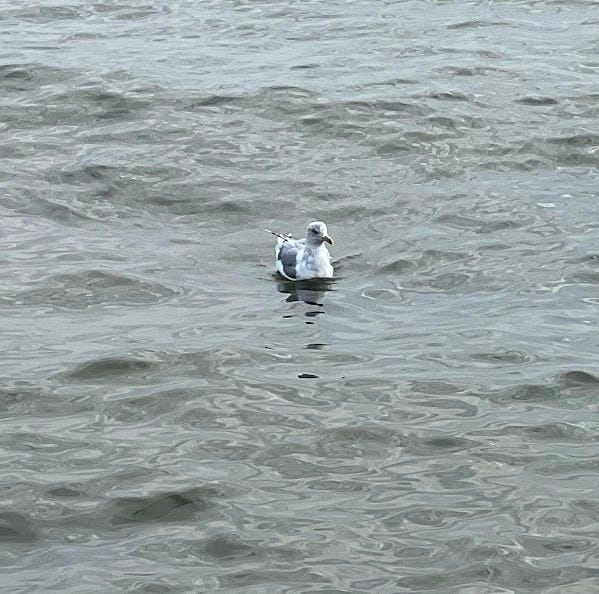
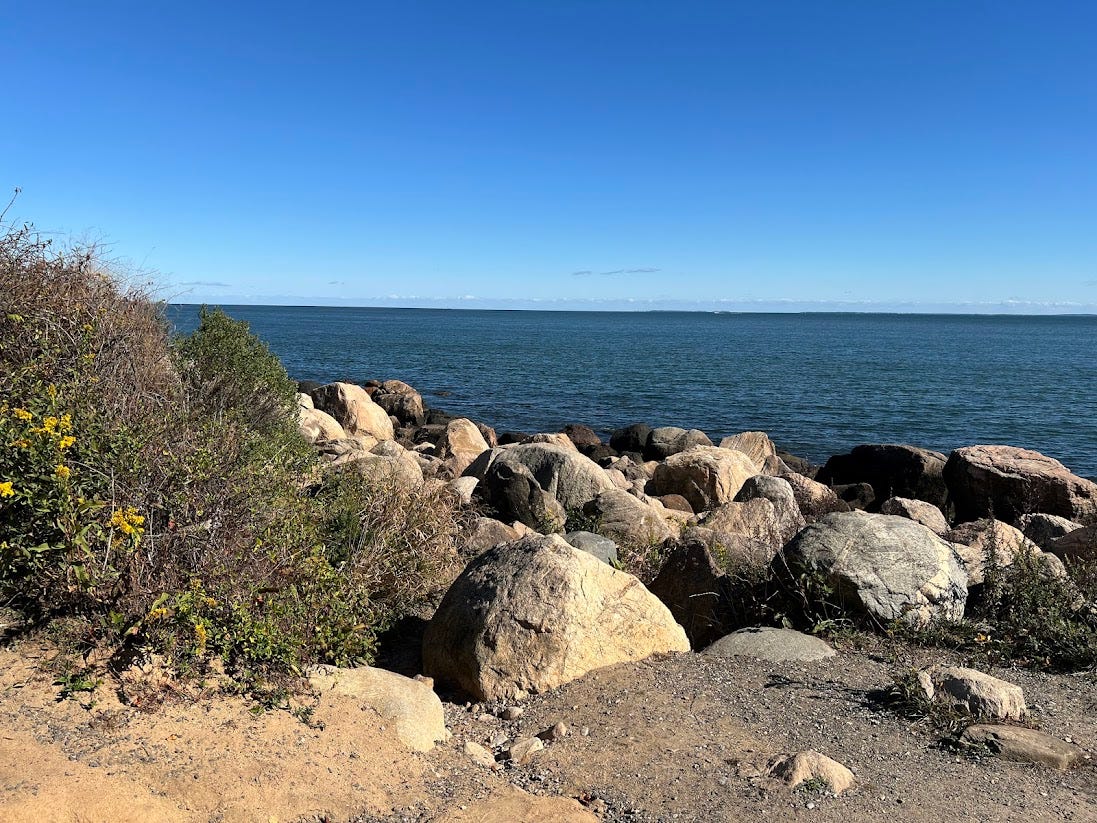
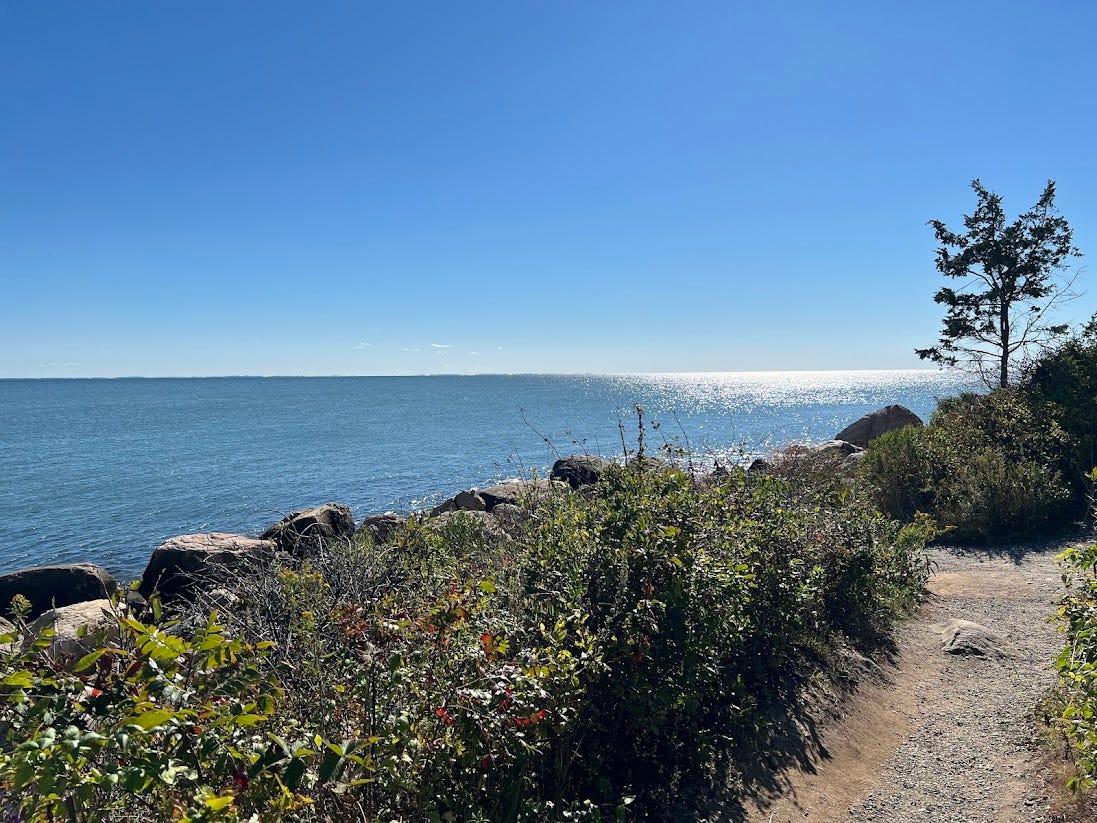
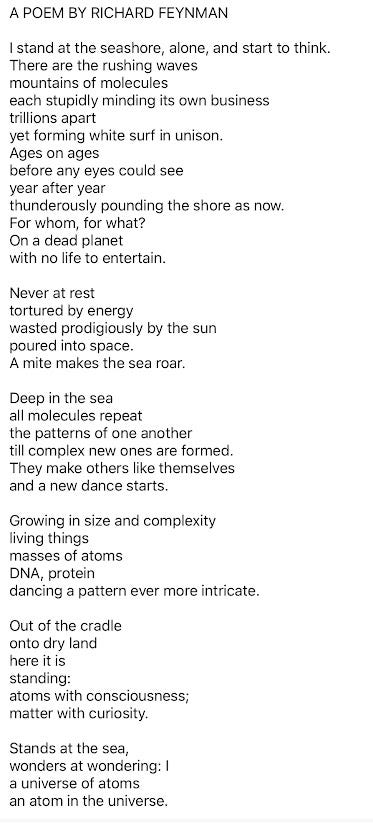
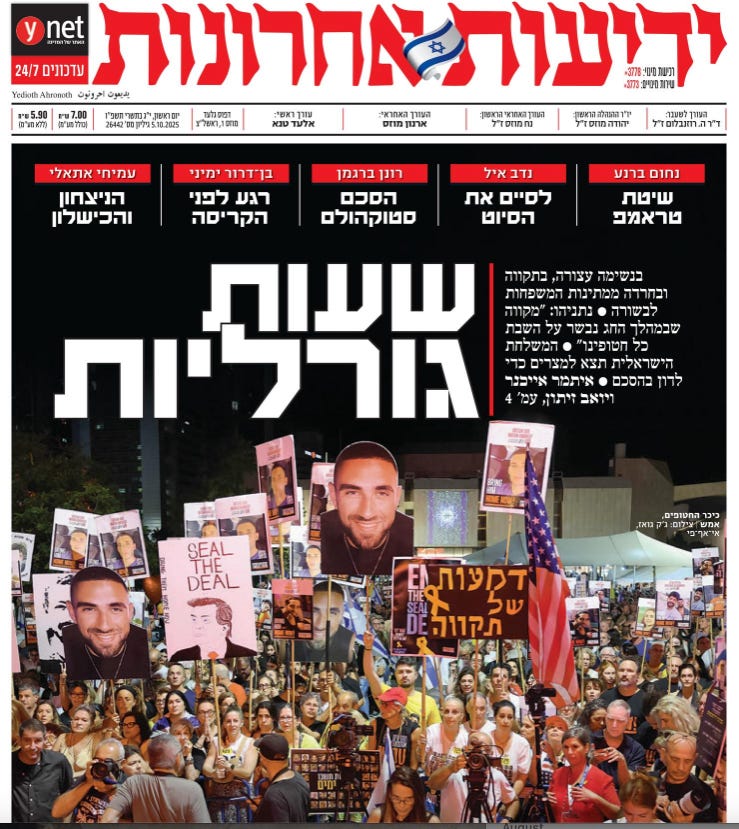
No comments:
Post a Comment